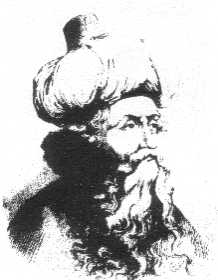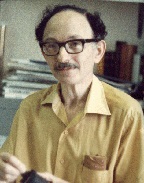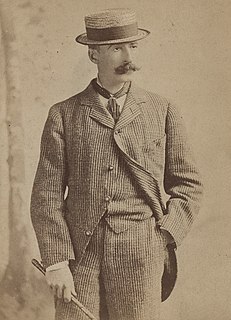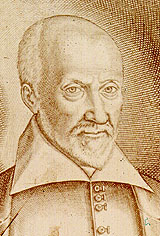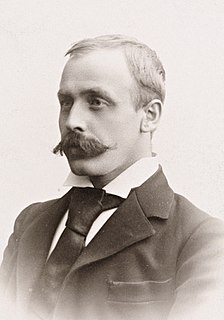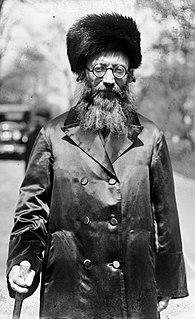A Quote by Ibn Arabi
The ignorant one does not see his ignorance as he basks in its darkness; nor does the knowledgeable one see his own knowledge, for he basks in its light
Related Quotes
Darkness is a lower energy than light, and when you bring light to the presence of darkness you don't have to warn it, you don't have to tell it that it has to get away. It can't survive. Light dissolves darkness. And so does love dissolve hate and so does joy dissolve sadness and so does faith dissolve doubt and so on.
Monks, when ignorance is abandoned, and knowledge arises in the monk, with the ending of ignorance and the arising of knowledge he clings neither to sense-pleasures, nor does he cling to views, nor to precepts and vows, nor to a Self-doctrine. Not clinking, he is not disturbed; not disturbed, he attains individually nibbana.
Therefore only through education does one come to be dissatisfied with his own knowledge, and only through teaching others does one come to realize the uncomfortable inadequacy of his knowledge. Being dissatisfied with his own knowledge, one then realizes that the trouble lies with himself, and realizing the uncomfortable inadequacy of his knowledger.
The wise man does nothing but what can be done openly and without falseness, nor does he do anything whereby he may involve himself in any wrong-doing, even where he may escape notice. For he is guilty in his own eyes before being so in the eyes of others; and the publicity of his crime does not bring him more shame than his own consciousness of it.
The first thing the reasonable man must do is to be content with a very little knowledge and a very great deal of ignorance. The second thing he must do is to make the utmost possible use of the knowledge he has and not waste his energy crying for the moon. The third thing he must do is try and see clearly where his knowledge ends and his ignorance begins.
He that boasts of his ancestors confesses that he has no virtue of his own. No person ever lived for our honor; nor ought that to be reputed ours, which was long before we had a being; for what advantage can it be to a blind man to know that his parents had good eyes? Does he see one whit the better?
Skepticism is unbelief in cause and effect. A man does not see, that, as he eats, so he thinks: as he deals, so he is, and so he appears; he does not see that his son is the son of his thoughts and of his actions; that fortunes are not exceptions but fruits; that relation and connection are not somewhere and sometimes, but everywhere and always; no miscellany, no exemption, no anomaly,--but method, and an even web; and what comes out, that was put in.
Munch writes poetry with color. He has taught himself to see the full potential of color in art His use of color is above all lyrical. He feels color and he reveals his feelings through colors; he does not see them in isolation. He does not just see yellow, red and blue and violet; he sees sorrow and screaming and melancholy and decay.
One whose soul does not wander in the expanses, one who does not seek the light of truth and goodness with all his heart, does not suffer spiritual ruins - but he will also not have his own self-based constructions. Instead, he takes shelter in the shadow of the natural constructions, like rabbits under boulders. But one who has a human soul cannot take shelter in anything other than constructions that he builds with his own spiritual toil.
In the banking concept of education, knowledge is a gift bestowed by those who consider themselves knowledgeable upon those whom they consider to know nothing... The teacher presents himself to his students as their necessary opposite; by considering their ignorance absolute, he justifies his own existence.
